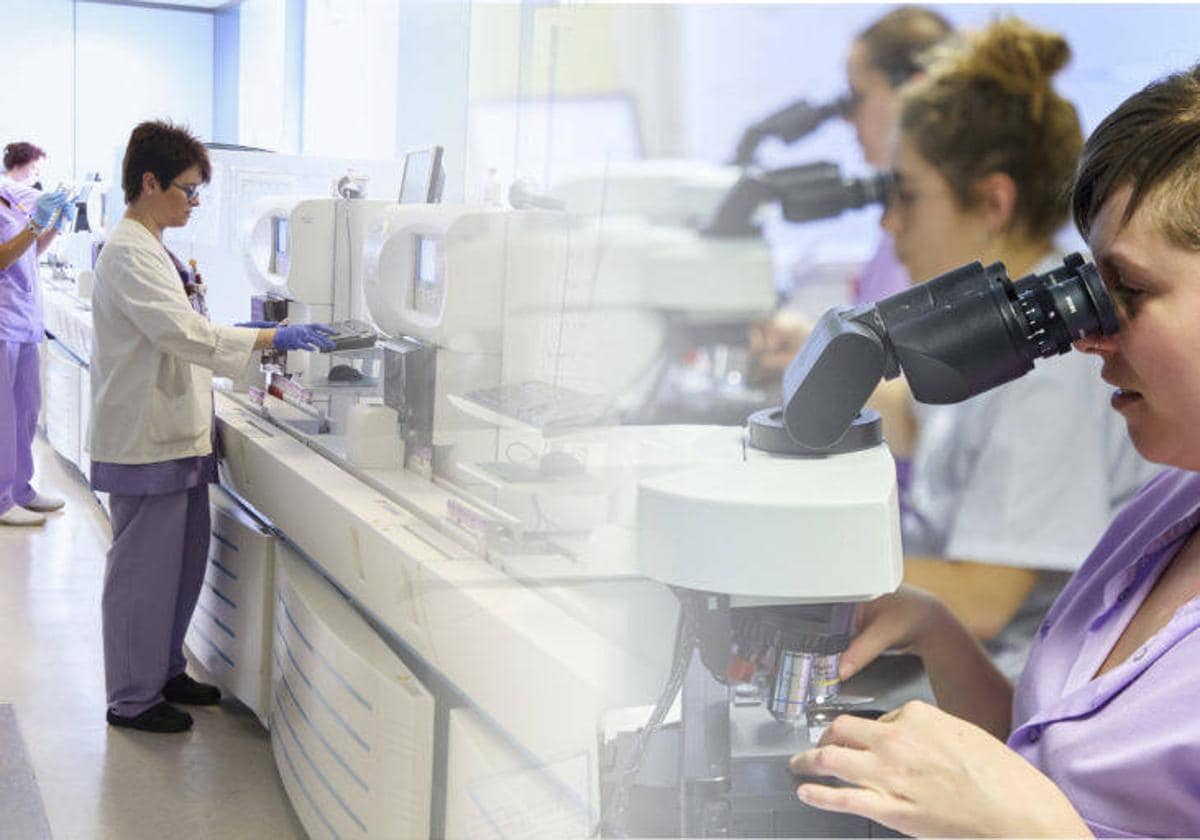Osakidetza will include screening for lung and prostate cancer

Currently, Osakidetz has screening programs for breast, colorectal and cervical tumors, which have detected 17,582 types of cancer, most of which are in the early stages. The Department of Health’s outlook is now to strengthen its commitment to early detection of these diseases and extend this to lung, stomach and prostate cancer in the medium term. The latter will be included in the model first. It will start as a pilot program within the European Joint Action CanScreen project. This will be followed by lung cancer and then stomach cancer.
In the case of respiratory screening, an early detection program is a requirement of the Spanish Society of Pulmonology and Thoracic Surgery (SEPAR). This cancer is the leading cause of death among men in the Basque Country and the fourth among women. About 1,250 tumors of this type are diagnosed annually, as evidenced by official statistics from Osakidets. Of these, according to SEPAR, “about 70%” – about 875 in the case of the Basque Country – are identified at a late stage, rendering them inoperable. Screening aims to detect them when the disease is still curable or at least possible to increase the patient’s survival.
Regarding the early detection programs that already exist in Osakidetz, the first one to start was the breast program. He started working in 1995. Since then, more than 2.5 million scans have been performed. Thanks to mammograms performed during this time, a total of 12,663 tumors arose, of which conservative treatment was possible in 84% of cases. Last year, 709 cases of cancer were detected, most of them at very early stages and with a good prognosis, in women aged 50 to 69 years. The program includes women between 40 and 49 years of age with a family history of first-degree breast cancer.
The second screening performed by Osakidetza was colorectal in 2009. Since then, 4,519 malignant tumors have been discovered. 95% of people diagnosed managed to live more than 5 years. In addition, thanks to him, 30,929 precancerous lesions were removed. In 2023 alone, these screenings identified approximately 270 invasive cancers and 3,500 precancerous lesions.
The latest screening to be added to the Health Service to date is the cervical screening. This was done in 2018 and, according to information provided yesterday by the department, in the first four years of work it allowed to identify almost 400 cases of cervical cancer, with a survival rate of 97%.
Investigation
Early detection programs remain one of Osakidetians’ main tools for identifying cancers while they are still treatable. Another powerful weapon against these diseases is research. Salud is currently involved in 507 scientific projects, of which 151 are clinical trials. They account for about 20% of the total active work in health research institutes and have external funding of about 11 million euros.
The most studied, especially because of their incidence, are breast cancer, hematological cancer, lung, skin, prostate, digestive system, respiratory system, urinary system, central nervous system, and head and neck cancers. Research is aimed at improving prevention, diagnosis, treatment, reducing side effects and improving the quality of life of patients.